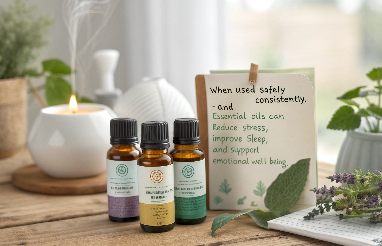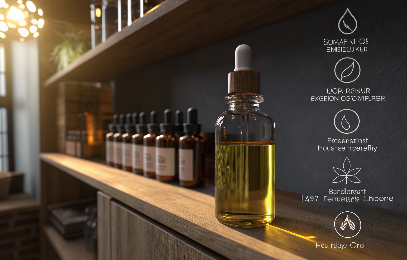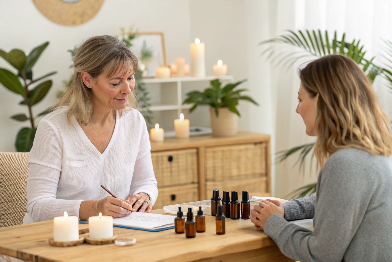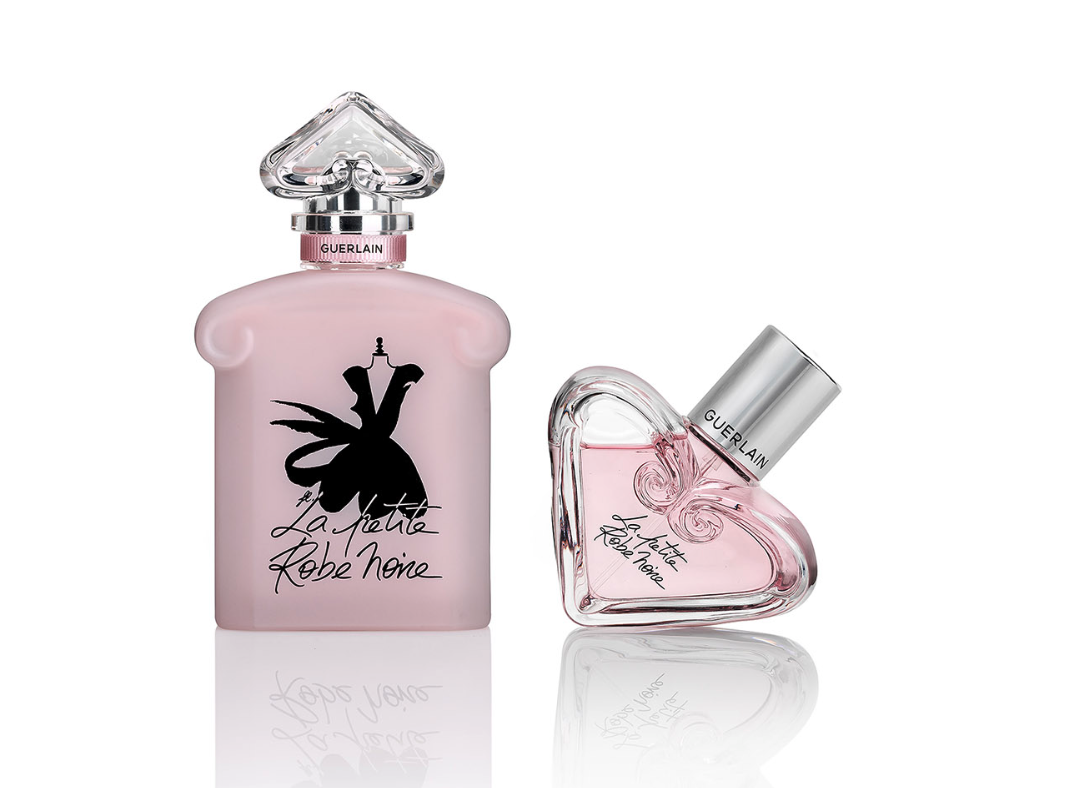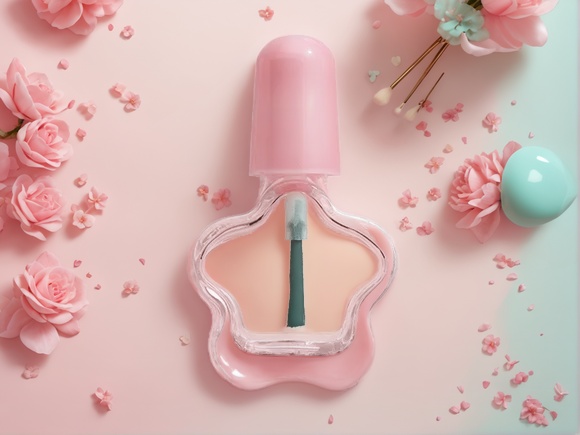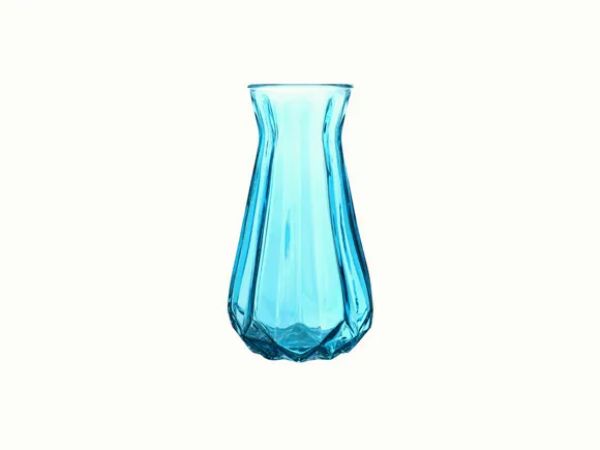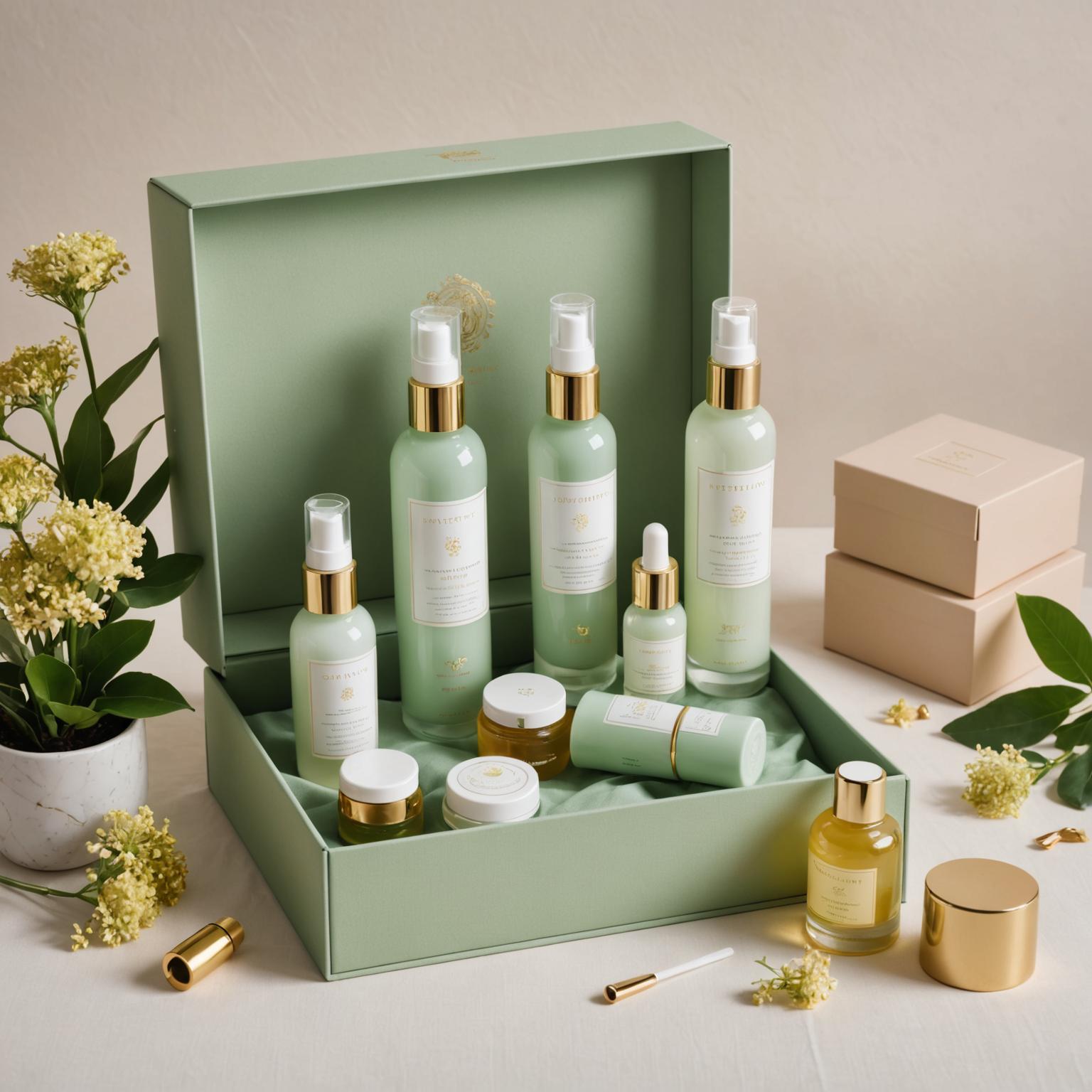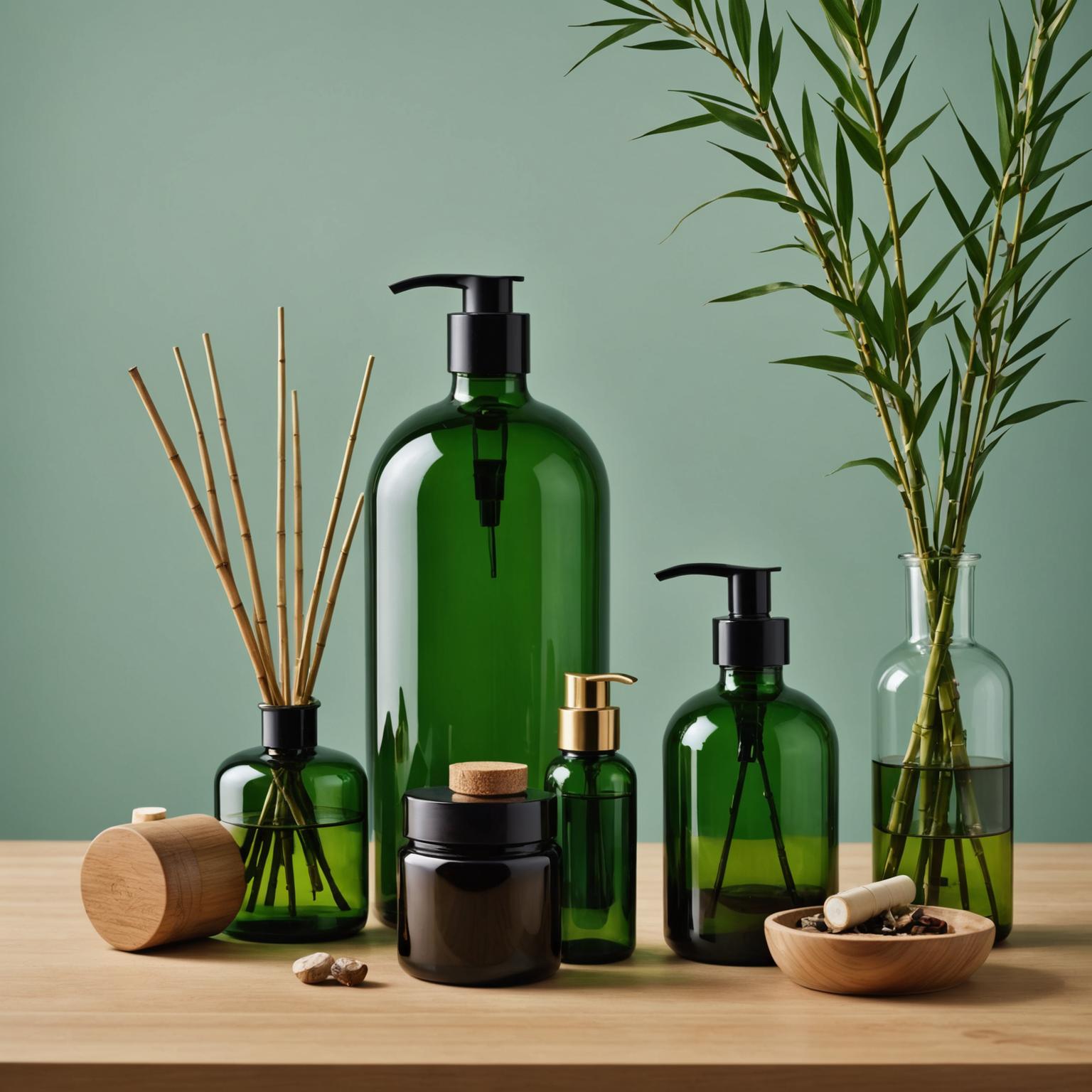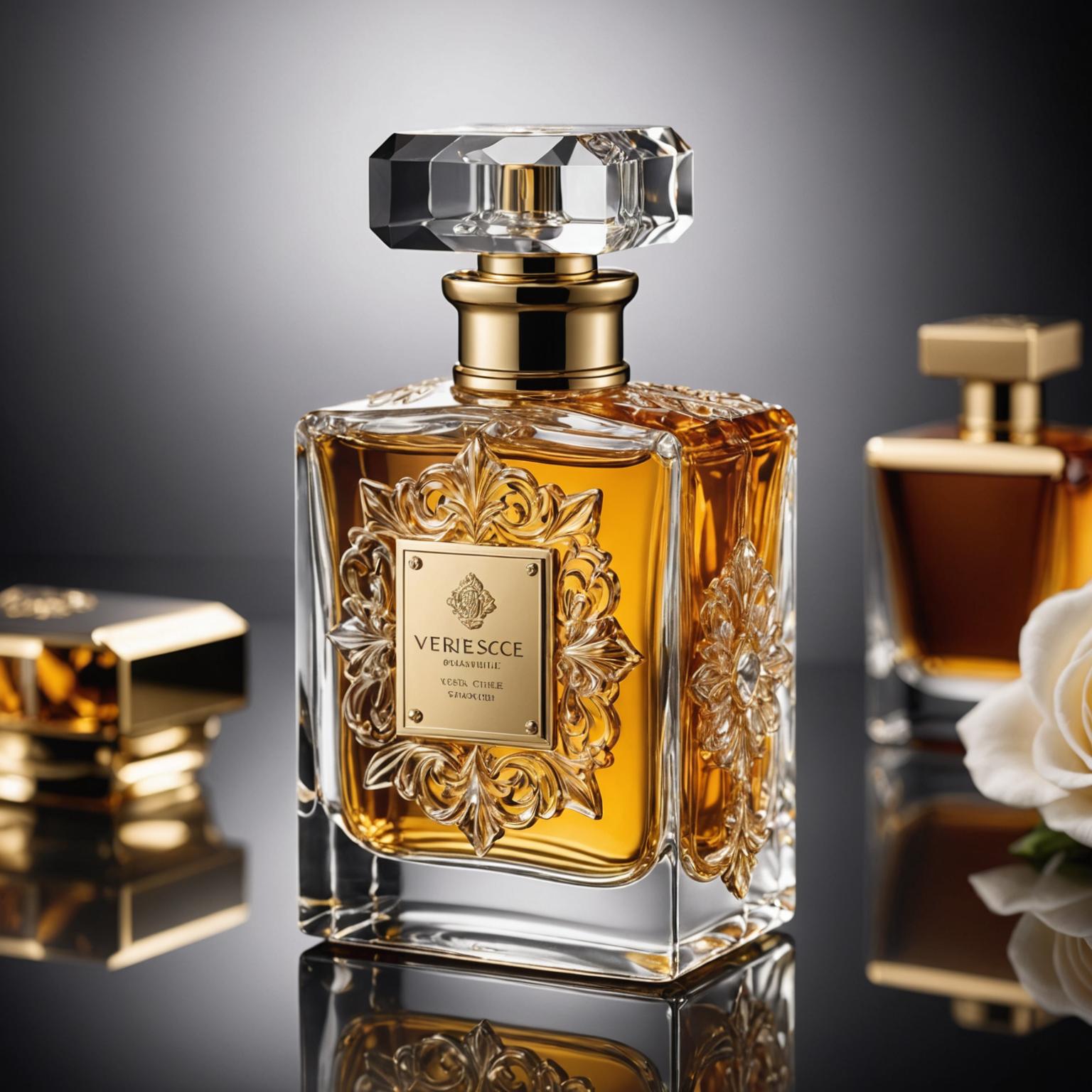Fresh herbs and potent oils are the foundation of natural wellness—but their power fades fast without proper care.
To preserve potency, herbalist ingredients and essential oils should be stored in airtight, dark glass containers, in cool, dry, and dark environments that prevent light, heat, and air exposure.
Whether you're a home apothecary, a skincare formulator, or a small-batch producer, the right storage system is essential to maintain safety, efficacy, and shelf life.
What is the 30/50/20 rule for essential oils?
This golden rule isn’t about storage—but it affects how you organize and use your oils.
The 30/50/20 rule refers to how you should blend essential oils: 30% top notes (short-lived), 50% middle notes (the body), and 20% base notes (long-lasting) to create balanced, harmonious aromas.
Understanding this also helps with rotating and storing oils based on shelf life—because top notes go bad fastest, while base notes last the longest.
Store Essential Oils by Note Type
| Note Type | Example Oils | Shelf Life | Storage Priority |
|---|---|---|---|
| Top (30%) | Lemon, Peppermint | 6–12 months | Use quickly, store tightly sealed |
| Middle (50%) | Lavender, Rose | 1–2 years | Moderate shelf life |
| Base (20%) | Patchouli, Sandalwood | 3–5+ years | Store for long-term use |
At PauPack, we help brands organize essential oil kits using this framework, with custom storage boxes divided by scent structure and use frequency.
How should essential oils be stored?
These are high-value, highly volatile compounds. Don’t let them oxidize on your shelf.
Essential oils should be stored in tightly sealed amber or cobalt glass bottles, in a dark, cool, and dry place. Avoid exposure to air, sunlight, and fluctuating temperatures.
Poor storage not only shortens shelf life—it can cause the oil to lose scent, separate chemically, or irritate the skin.
Essential Oil Storage Guidelines
| Factor | Recommendation |
|---|---|
| Container | Amber glass bottle with dropper cap |
| Light | No direct sunlight—store in drawer/cabinet |
| Air | Keep cap tightly sealed |
| Temperature | 15–25°C (59–77°F), away from heat sources |
| Labeling | Date opened + expiration note |
PauPack offers essential oil packaging with UV-blocking glass, tamper-evident closures, and modular drawer boxes to organize by blend, note, or usage.
How do you store herbal medicine?
From dried roots to flowers and powders, herbs lose their magic without the right environment.
Herbal medicine should be stored in airtight containers made of glass or metal, labeled clearly, and kept in a cool, dark, and dry place to avoid mold, UV damage, or potency loss.
Avoid plastic containers or paper bags for long-term storage—they absorb moisture and introduce contaminants.
Herbal Storage Essentials
| Form | Best Container | Shelf Life Estimate |
|---|---|---|
| Dried herbs | Glass jars with screw lids | 6–18 months |
| Powders | UV-proof tins or glass | 6–12 months |
| Tinctures | Amber glass dropper bottles | 3–5 years (alcohol base) |
| Capsules | Glass jar or PET container | 1–2 years |
Label everything with the harvest or preparation date and use older items first. PauPack clients in the wellness space often use branded herbal jars, laser-etched labels, and stackable glass bottles for retail or apothecary use.
How do you store herbal oil?
Herbal oils—infused with plant extracts like calendula or arnica—are even more sensitive due to their blend of botanical and carrier oils.
Store herbal oils in amber glass bottles with airtight lids, away from light and heat. Refrigeration can extend their shelf life, especially for oils without preservatives.
Because herbal oils oxidize faster than essential oils, watch for changes in smell, color, or thickness over time.
Tips for Herbal Oil Longevity
-
Use small bottles (under 120ml) to reduce air exposure
-
Label with infusion date and carrier oil type
-
Store in a dark cupboard or refrigerate if unstable
-
Always use clean hands or droppers to avoid contamination
At PauPack, we design protective glass bottles with dosage pumps, shrink seals, and foil-printed labels that help preserve herbal oils and communicate purity to customers.
Conclusion
Herbs and essential oils are nature’s pharmacy—but only when stored with intention. Dark glass, tight seals, and cool conditions are the secret to keeping your ingredients potent and your formulations safe. Whether it’s a personal stash or a full product line, smart storage is the foundation of herbal success.




